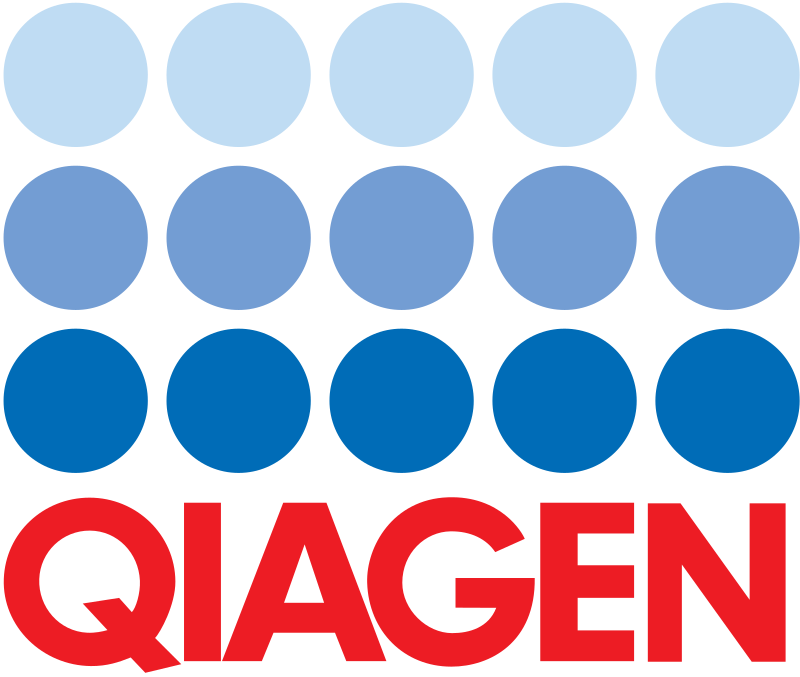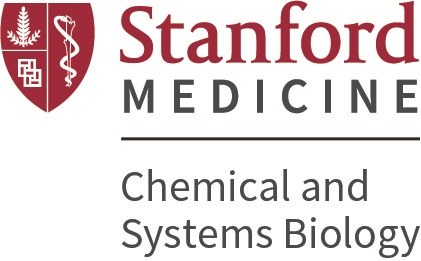- Home
- Past Conferences
- 2nd Balancing Genome Fidelity & Plasticity Conference
2nd Balancing Genome Fidelity & Plasticity Conference
#BGFP25
07 Jul - 10 Jul 2025
Lisbon, Portugal
-
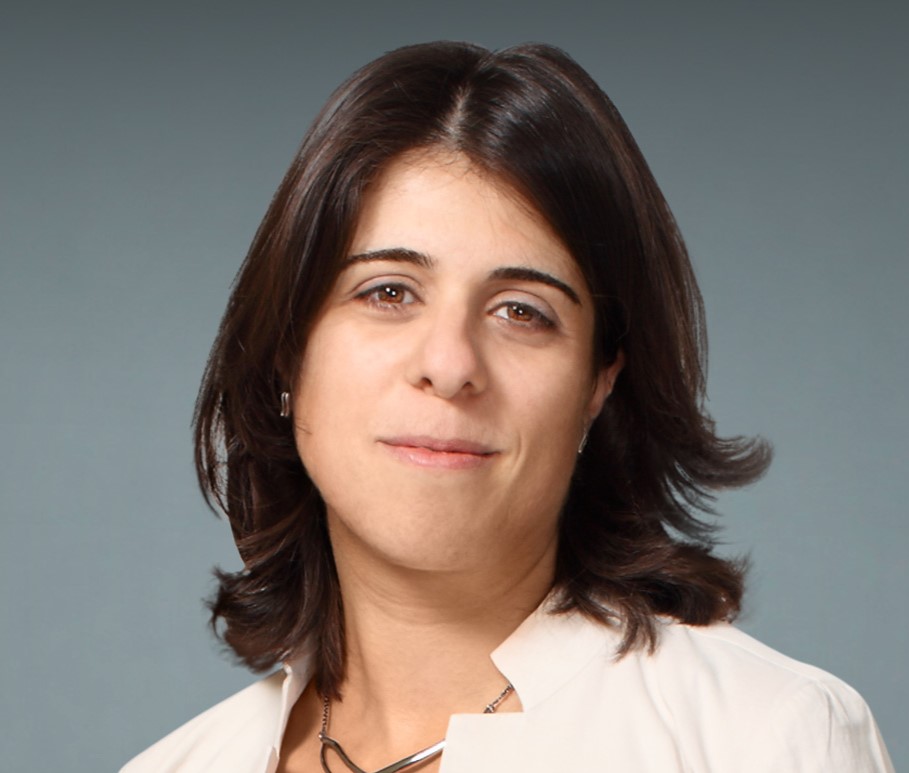
Agnel Sfeir
Memorial Sloan Kettering Cancer Center
-
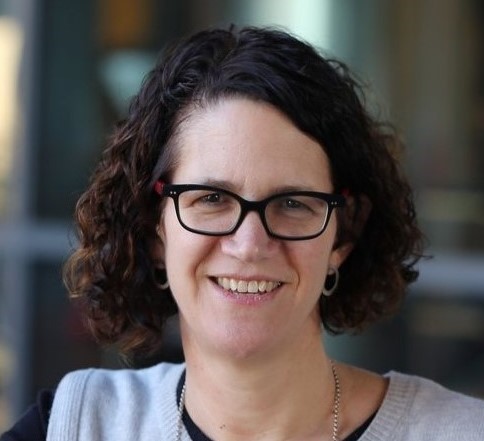
Karlene Cimprich
Stanford University
-
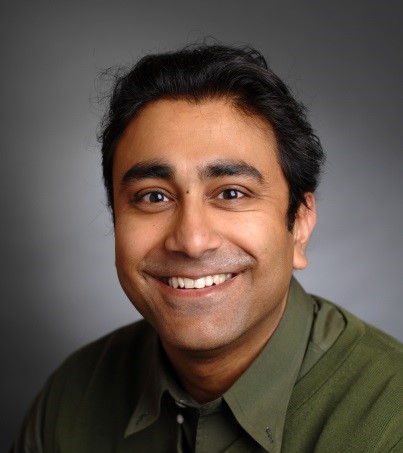
Dipanjan Chowdhury
Dana-Farber Cancer Institute
Early Bird - Expired • Talk Submission - Expired • Poster Submission - Expired • Registration & Payment Deadline - Expired
Report
The second Fusion conference, themed "Balancing Genome Fidelity and Plasticity," brought together a diverse group of leaders in the field, emerging investigators, and trainees at the picturesque Dolce Campo Real Hotel near Lisbon. With the enthusiastic backing of organizers and sponsors, the meeting offered fellowships to support trainee participation, fostering a vibrant atmosphere for learning and collaboration.
The conference focused on cross-disciplinary areas that converge around genome stability. It began with an inspiring keynote lecture by Titia De Lange, followed by 39 talks, including presentations from junior investigators and trainees. The program delved into emerging areas of research, exploring the intricate interplay between transcription, DNA repair, and replication, and examining the impact of these processes on organismal development and evolution. Key topics included the causes and consequences of genomic signatures, transposon biology, 3D genome architecture, and ‘omics’-based discovery biology. The identification and mechanistic exploration of novel factors in genome maintenance, alongside cutting-edge applications of genome editing, were also prominently featured.
What truly set the Fusion conference apart was its breadth and scope, touching on diverse aspects of genome stability while addressing unique angles that distinguish the field. Equally noteworthy was the active participation of trainees, who took center stage during lively discussions following the speakers' excellent presentations. The Fusion team flawlessly organized the event, and the luxurious venue only added to the overall memorable experience.
Synopsis
While alterations to DNA underlie genome evolution and antibody diversification, genome instability drives many disorders, including cancer, developmental abnormalities, and neurodegeneration. DNA damage and other genome-threatening replication blocks are generally overcome by a number of DNA repair pathways. The choice of DNA repair pathways, specifically the reliance on error-prone vs. error-free is both intriguing and confounding. Moreover, the deregulation of repair pathway choice can trigger pathological processes. In this conference, we will discuss the delicate equilibrium of genome maintenance pathways, addressing how natural processes such as replication and transcription can threaten genome stability, how the genome can be altered in cancer, signatures of genome instability in human disease, and how cells control the inherent plasticity of their replication and repair machinery. We aim to bring together scientists from diverse fields who are interested in understanding the many processes impacting DNA metabolism and the molecular and biophysical principles that maintain the balance between genome stability and plasticity.
Key Sessions
- Genome Signatures and Evolution
- Tissue Specific Repair and Mutagenesis
- Transcription-Replication Driven Mutation
- Transposable Elements
- DNA Sensing and Inflammation
- CRISPR/Cas9 and DNA Repair
Confirmed Invited Speakers
Kathleen Burns (Dana-Farber Cancer Institute)
DEFINING THE LINE-1 RETROTRANSPOSON MUTATIONAL SIGNATURE
Keith Caldecott (University of Sussex)
PARP ACTIVITY IN DNA SINGLE-STRAND BREAK REPAIR, DNA REPLICATION, AND HUMAN DISEASE
Ross Chapman (Medical Research Council Molecular Haematology Unit)
DSB REPAIR PATHWAY CHOICE CONTROL IN GENOME MAINTENANCE AND DIVERSIFICATION
Gheorghe Chistol (Stanford University)
SINGLE-MOLECULE IMAGING REVEALS HOW DNA HELICASES ARE ACTIVATED DURING REPLICATION INITIATION
Alberto Ciccia (Columbia University)
DISSECTING THE GENETIC INTERCTION NETWORK OF THE DNA DAMAGE RESPONSE
Karlene Cimprich (Stanford University)
MECHANISMS FOR RNA-MEDIATED GENOME INSTABILITY
Jacob Corn (ETH Zürich)
Cecilia Cotta-Ramusino (Tessera Therapeutics)
WRITING DNA WITH RNA: GENOME ENGINEERING BY TARGET-PRIMED REVERSE TRANSCRIPTION
Dipanjan Chowdhury (Dana-Farber Cancer Institute)
MRE11 PROXIMAL POLYADENYLATION SITE-MEDIATED LOOPING IMPACTS TRANSCRIPTION AND GENOMIC STABILITY
Titia de Lange (Rockefeller University)
WHAT DOES HUMAN KU DO?
Daniel Durocher (Lunenfeld-Tanenbaum Research Institute)
THE CIP2A PATHWAY OF MITOTIC DNA DAMAGE TOLERANCE
Marcin Imielinski (NYU Langone Health)
DIMENSIONS OF STRUCTURAL CHROMOSOMAL INSTABILITY ACROSS THOUSANDS OF CANCER GENOME GRAPHS
Gaëlle Legube (CBI Toulouse)
CHROMOSOME AND CHROMATIN DYNAMICS DURING TRANSCRIPTION-COUPLED DSB REPAIR
John Maciejowski (Memorial Sloan Kettering Cancer Center)
MECHANISMS OF CANCER GENOME EVOLUTION
Houra Merrikh (Vanderbilt University)
REPLICATION-TRANSCRIPTION CONFLICTS AND THEIR CONSEQUENCES
Serena Nik-Zainal (University of Cambridge)
FOR SHORE: SITES OF VULNERABILITY TO STRUCTURAL VARIATION AND ONGOING EVOLUTION
KJ Patel (University of Oxford)
REVERSIBLE YET PERVASIVE DNA ADDUCTION BY AN ENGOGENOUS ALDEHYDE
Elizabeth Pollina (Washington University in St Louis)
DYNAMIC GENOME CONTROL MECHANISMS IN NERVOUS SYSTEM PLASTICITY
Agnel Sfeir (Memorial Sloan Kettering Cancer Center)
MMEJ-MEDIATED REPAIR OF BREAKS AT TA REPEATS MAINTAINS ECDNA AND CANCER CELL FITNESS.
Nitika Taneja (Erasmus Medical Center)
MECHANISMS OF CHROMATIN REORGANIZATION UPON REPLICATION STRESS
Alessandro Vindigni (Washington University)
NUCLEASES IN DNA REPLICATION FORK PLASTICITY
Joanna Wysocka (Stanford University)
Joe Yeeles (MRC Laboratory of Molecular Biomedicine)
SETTING THE SPEED OF THE REPLISOME
Target Audience
The meeting, which addresses fundamental questions that pertain to genome instability, is expected to appeal to basic science researchers, including students and postdocs. In addition, the various topics covered will be of interest to translational and clinical investigators in academic institutions and industry.
Educational Need
Genomic integrity is the foundation of human health with a plethora of diseases emerging from any dysfunction in the cellular machinery that maintains our genome. In this conference we focus on emerging areas in the field of genome biology that have gained significant prominence in recent years, specifically, large scale studies on genome evolution and mutational signatures combined with the interplay of DNA metabolism, RNA metabolism and DNA repair in the context of sub-nuclear compartments. We anticipate that attendees at all levels, students, post-doctoral fellows, and faculty will be exposed to radical new concepts and cutting-edge technology that will define the genome stability field in the upcoming years. The conference is being designed to facilitate interaction of trainees with senior scientists, and promote scientific collaborations.
Confirmed Speakers
Chairs

Agnel Sfeir
Memorial Sloan Kettering Cancer Center

Karlene Cimprich
Stanford University

Dipanjan Chowdhury
Dana-Farber Cancer Institute
Plenary Speakers
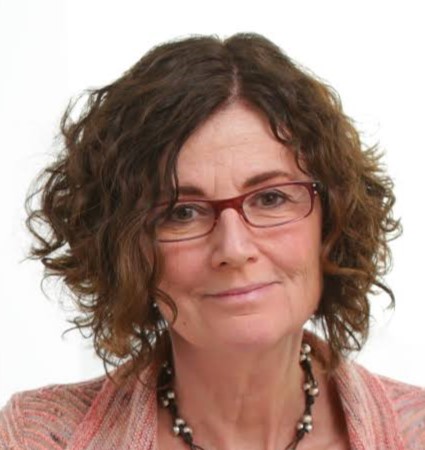
Titia de Lange
Rockefeller University
Invited Speakers

Andrea Ablasser
EPFL
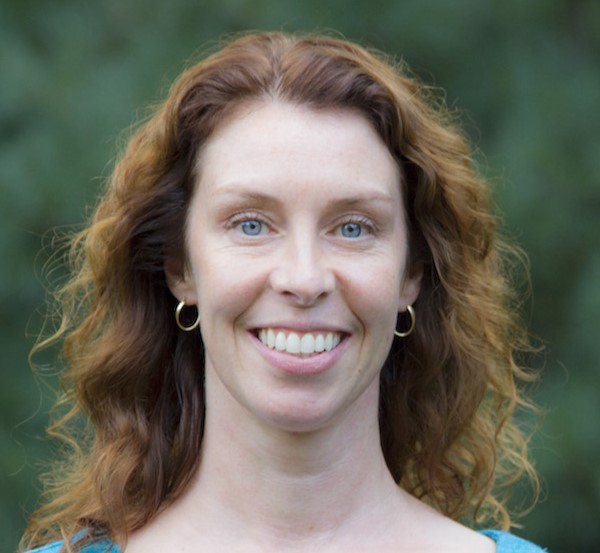
Karen Adelman
Harvard University
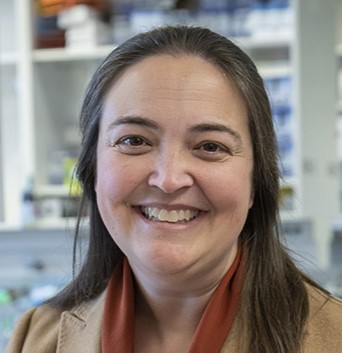
Kathleen Burns
Dana-Farber Cancer Institute
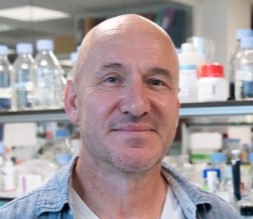
Keith Caldecott
University of Sussex

Ross Chapman
Medical Research Council Molecular Haematology Unit
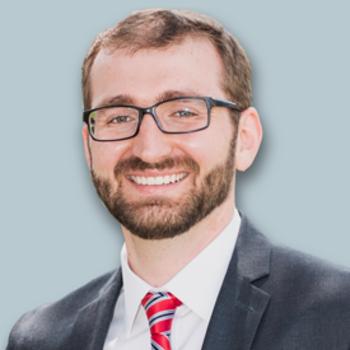
Gheorghe Chistol
Stanford University

Alberto Ciccia
Columbia University
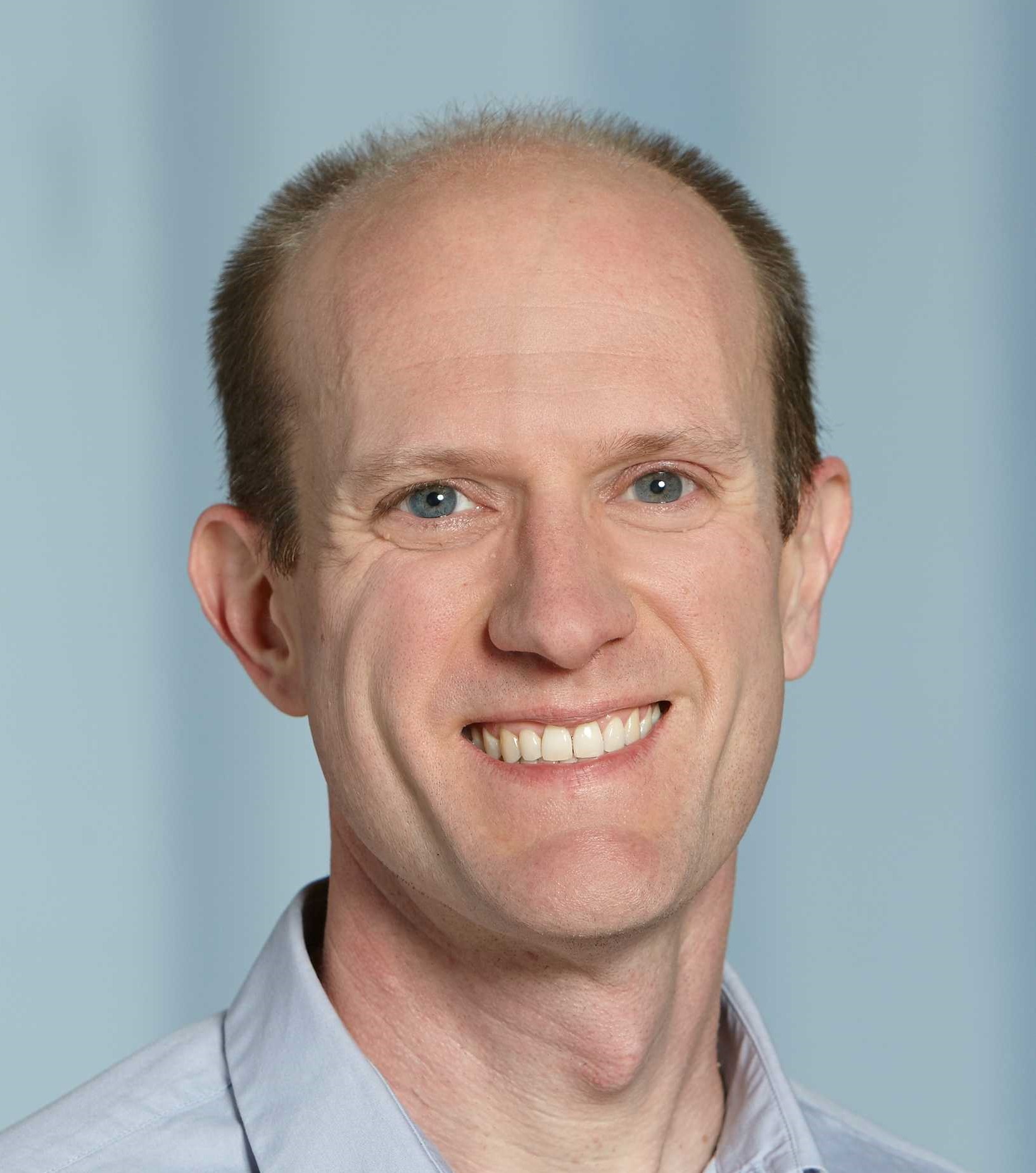
Jacob Corn
ETH Zürich
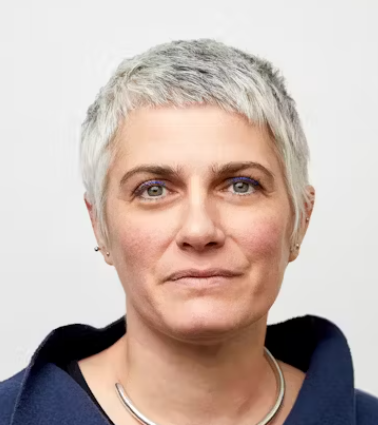
Cecilia Cotta-Ramusino
Tessera Therapeutics

Daniel Durocher
Lunenfeld-Tanenbaum Research Institute
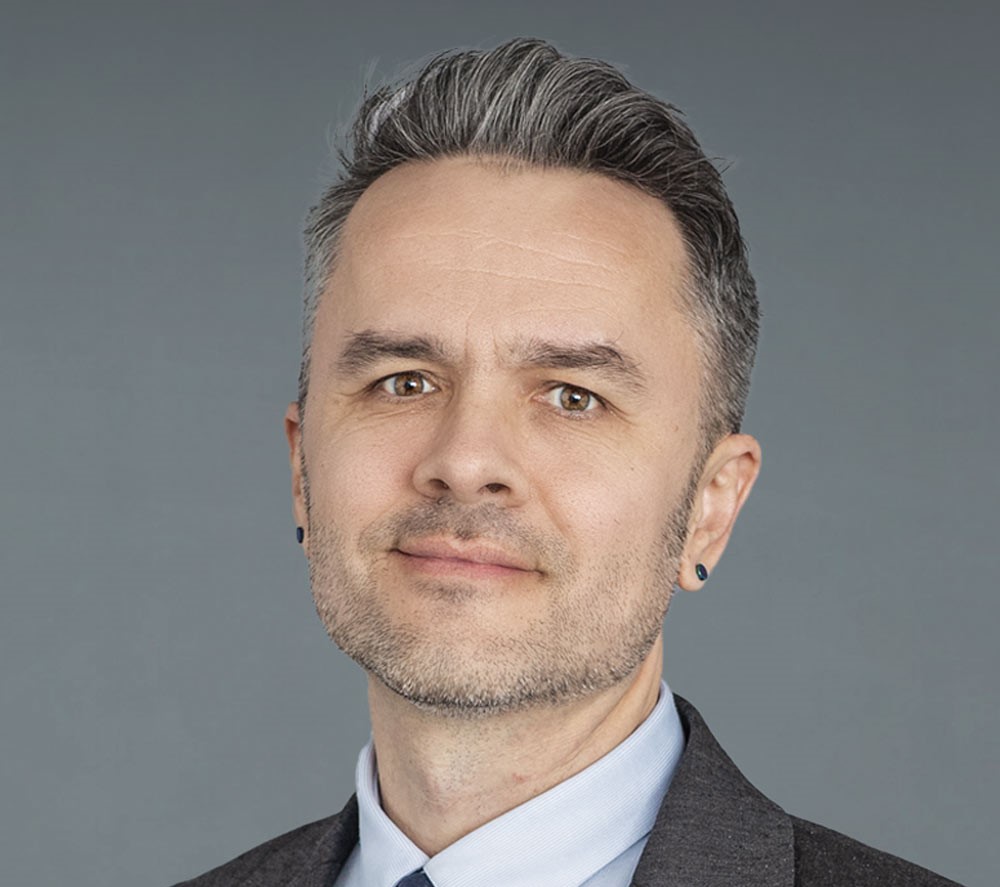
Marcin Imielinski
NYU Langone Health
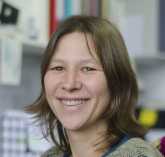
Gaëlle Legube
CBI Toulouse

John Maciejowski
Memorial Sloan Kettering Cancer Center

Houra Merrikh
Vanderbilt University

Serena Nik-Zainal
University of Cambridge
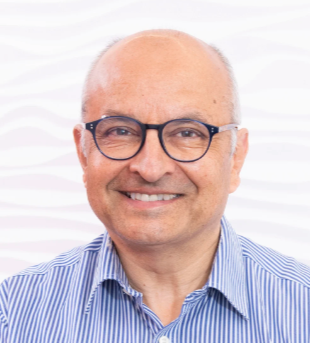
KJ Patel
University of Oxford
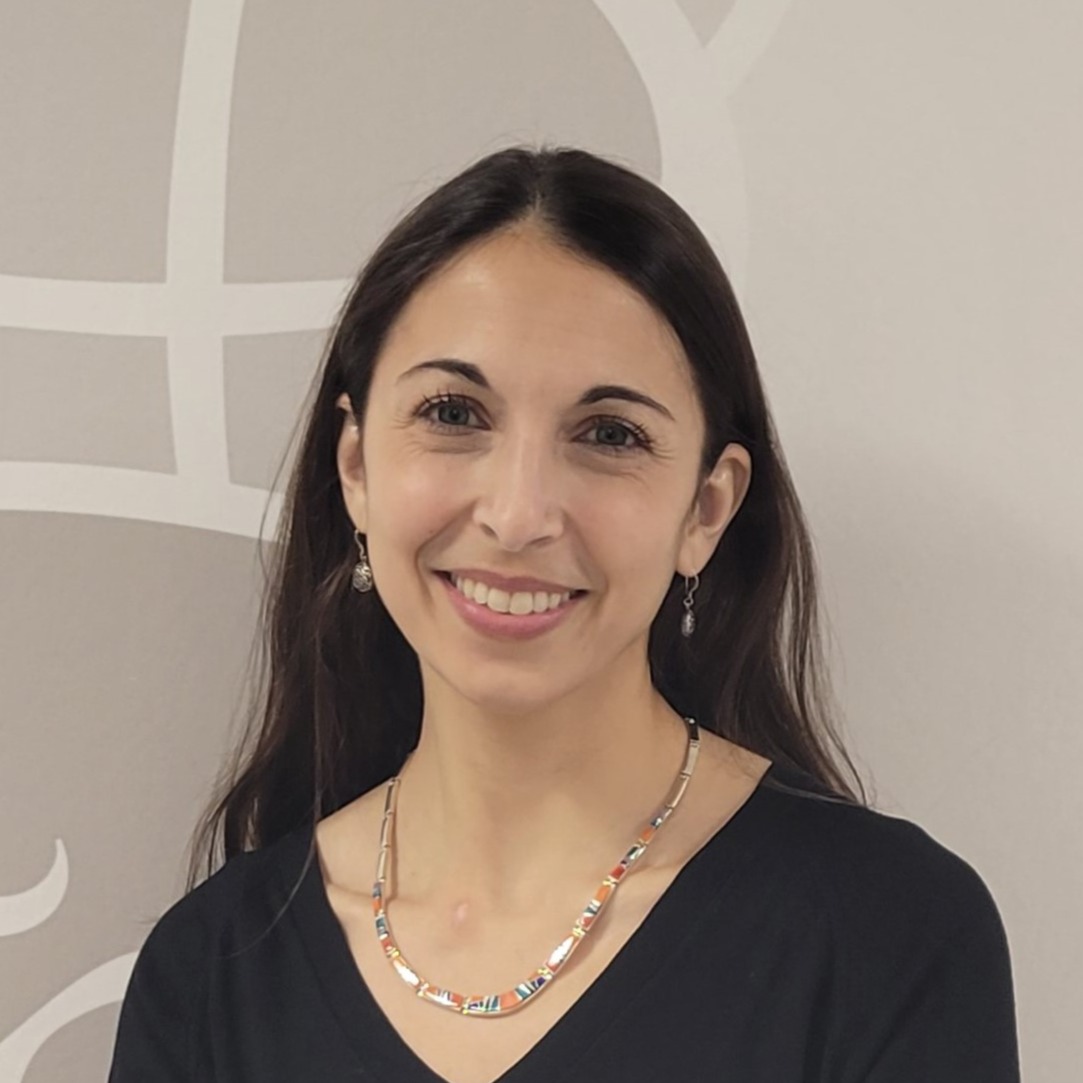
Elizabeth Pollina
Washington University in St. Louis

Nitika Taneja
Erasmus Medical Center

Alessandro Vindigni
Washington University
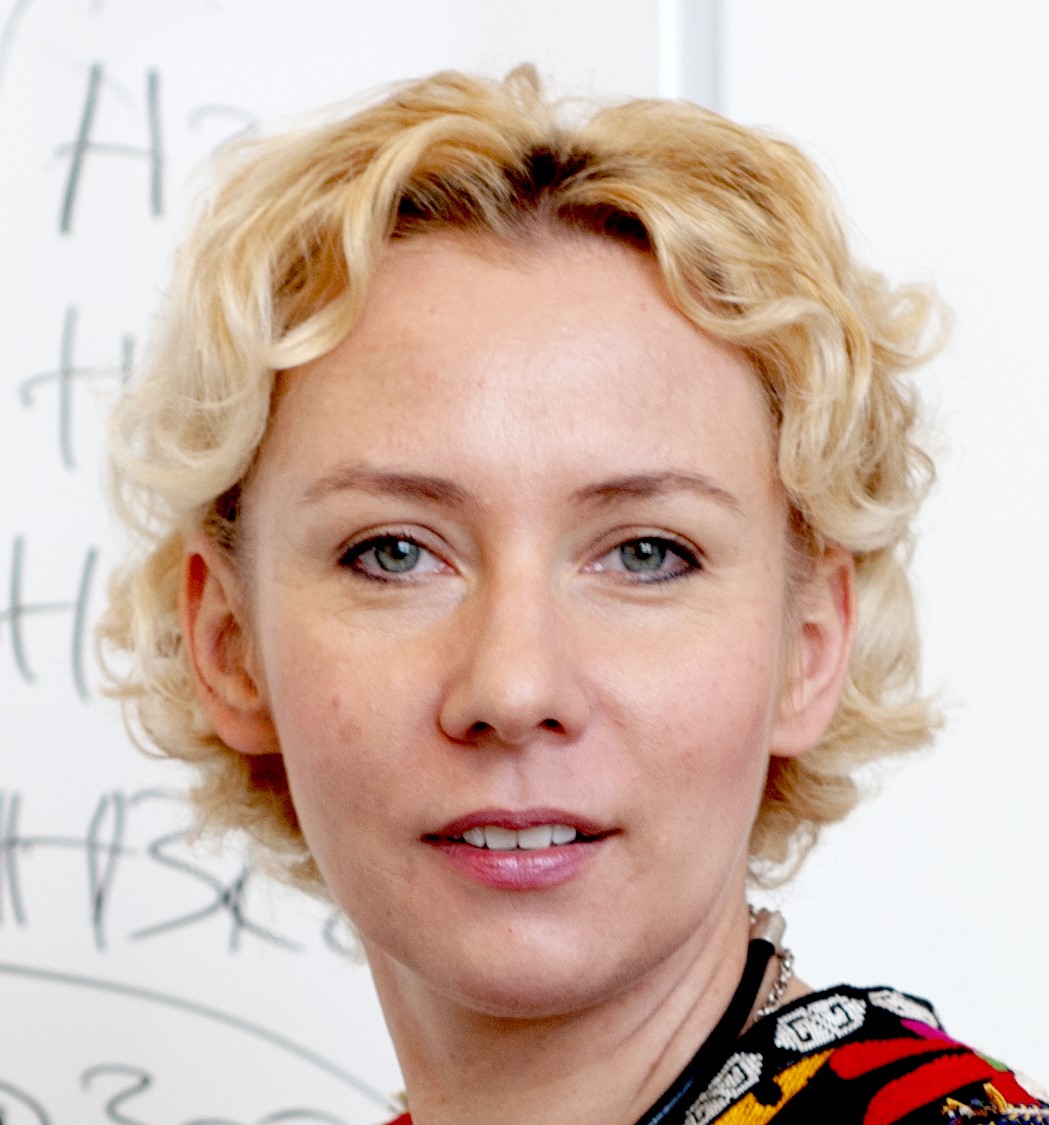
Joanna Wysocka
Stanford University
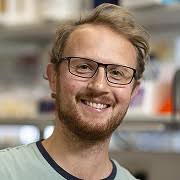
Joe Yeeles
MRC Laboratory of Molecular Biology
Programme
Grants
We are pleased to announce that we have a minimum of 10 registration support grants (starting at €750) ready to award to those submitting abstracts (T&C's apply).
To apply, please email Alice . Your application should include:
- Your name, organisation, career level
- An abstract for short talk or poster consideration
Deadline for submission is 01 May 2025. All applications will be reviewed after this date and successful candidates will be informed shortly after.
Supported by
Interested in sponsoring this conference?
Contact usVenue & Location
Dolce CampoReal Lisboa
Located in Torres Vedras, just a 30-minute drive from Lisbon, Dolce CampoReal Lisboa offers unique tranquillity, as a result of its idyllic environment. The hotel offers stunning views over the golf course, vineyards and the extraordinary landscape of Socorro and Archeira Mountains.
The hotel has three restaurants to provide a variety of gastronomic choices, and two bars including one beside the outdoor pool.
Hotel Facilities
- Complimentary Wi-Fi in guest rooms and throughout hotel and conference areas
- Indoor heated swimming pool
- Outdoor swimming pool with Jacuzzi
- Spa
- Gym
- Golf course
- 2 Tennis courts
General Information
Venue Rating
★ ★ ★ ★ ★
Currency
Euro (EUR)
Address
R. do Campo (Campo Real) 2565-770 Portugal
Nearest Airport
Lisbon Portela Airport
Location
The Dolce CampoReal Lisboa is nestled between the vineyards and the extraordinary landscape of the Socorro and Archeira Mountains.
Lisbon is only a short 30-minute drive away. The Portuguese capital is constantly recognised as one of the greatest cities in the world, a claim confirmed by the “Lonely Planet Guides", who named Lisbon one of the world’s top 10 cities. Lisbon in one of the world’s oldest cities, predating the likes of London, Rome and Paris by hundreds of years. Hillsides covered in tumbledown houses and a mix of baroque and neoclassical buildings, including cathedrals and palaces, make up Lisbon’s skyline. The city is a combination of old and new, with beautiful modern buildings constructed near renovated historical landmarks and ruins.
Gallery
If you are interested in this meeting but not yet ready to register, you can sign up for updates here and our team will keep you updated regarding deadline reminders and grant opportunities relating to this meeting only.
If you're interested in sponsoring this conference please contact us.
Conference Manager

Alice Tebbit
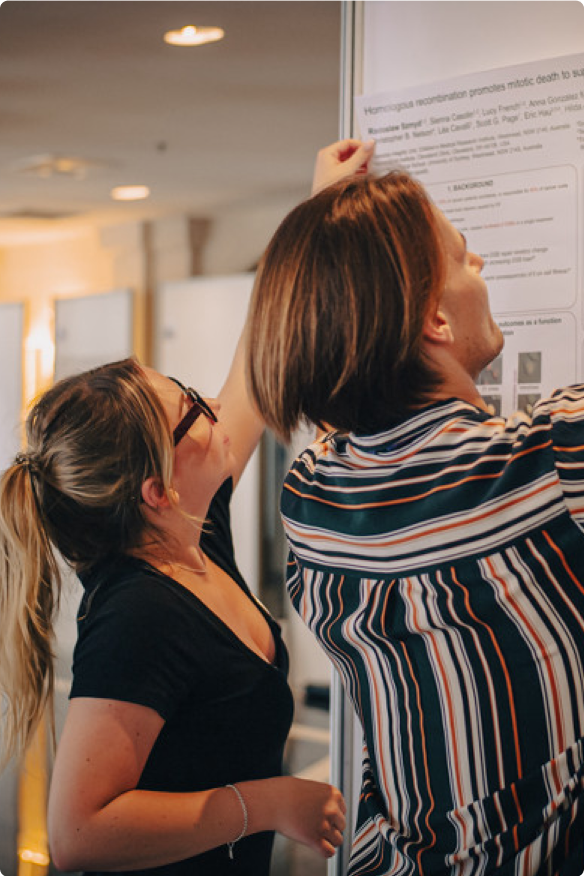

Need some help? Chat to the Fusion team today
As a family run business, our dedication runs deep. We’re committed to each other and, even more so, to every attendee’s experience, delivering a level of care and passion that’s truly unmatched.





